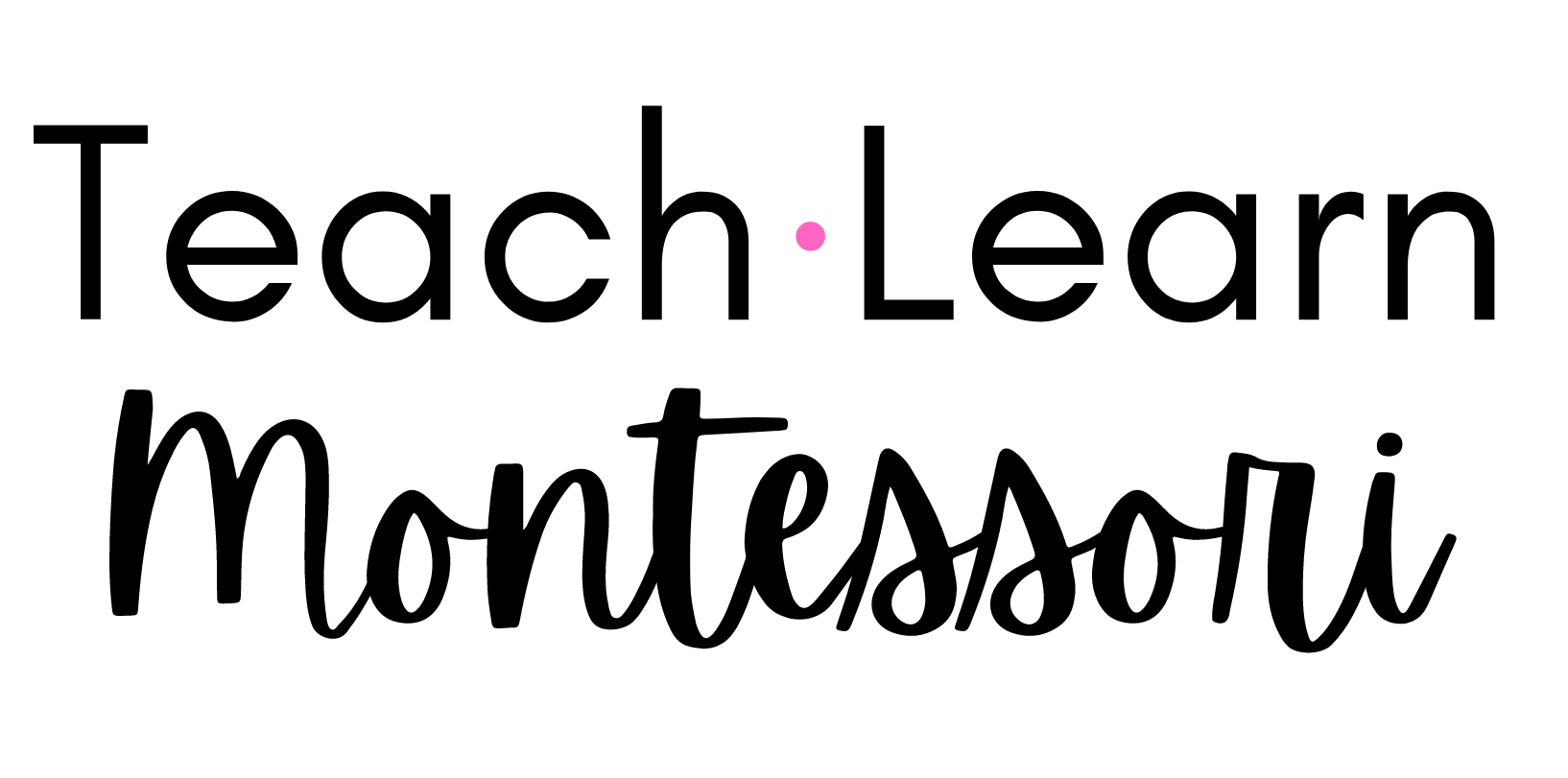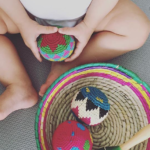How a Social Media Platform can resemble a Montessori Classroom
And why that’s a good thing.
There’s a relatively new social media platform that allows adults to engage in genuine conversations (or listen in on them) from the comfort of our cellular devices.
The set of norms and agreed-upon practices that are inherent in participating on this platform positively resemble the culture and etiquette of a Montessori classroom.
![]()
Do you know which platform? If you guessed Clubhouse, then you may already have an idea of what I’m alluding to as you’ve most-likely already gotten to know the social norms of being an active participant on this app.
If you are not yet aware, Clubhouse is an audio-only platform that has rapidly grown in popularity since its first inception. It is a downloadable app that quite frankly puts the world at your fingertips as participants from around the globe engage in virtual conversations on a virtual stage about virtually any topic.
Do you know which platform? If you guessed Clubhouse, then you may already have an idea of what I’m alluding to as you’ve most-likely already gotten to know the social norms of being an active participant on this app. If you are not yet aware, Clubhouse is an audio-only platform that has rapidly grown in popularity since its first inception. It is a downloadable app that quite frankly puts the world at your fingertips as participants from around the globe engage in virtual conversations on a virtual stage about virtually any topic.
Do you know which platform? If you guessed Clubhouse, then you may already have an idea of what I’m alluding to as you’ve most-likely already gotten to know the social norms of being an active participant on this app. If you are not yet aware,
Clubhouse is an audio-only platform that has rapidly grown in popularity since its first inception. It is a downloadable app that quite frankly puts the world at your fingertips as participants from around the globe engage in virtual conversations on a virtual stage about virtually any topic.
In addition to the unique and thoughtful setup of the app, which includes “rooms” where conversations are held, what has led to the success of this virtual platform, in my opinion, are the agreed-upon norms that participants uphold as they interact with one another. These norms are quite similar to the Grace & Courtesy underpinnings that exist in a well-thought out Montessori classroom. Here’s how:
How Clubhouse Resembles
a Montessori Classroom:
- In the Clubhouse platform there is a “hallway” and “rooms” within the hallway addressing different conversation topics or specialization. This curated “hallway” resembles the prepared environment within a Montessori classroom, where the “rooms” represent the well-organized shelves consisting of engaging lessons for students to take part in.
- On this platform, conversations are also organized by well-developed topics. The audience (you) decides which conversation to enter based on interest. Similarly, in a Montessori classroom environment, children choose the lessons to practice based on their interest, development and Sensitive Periods.*
- Once in a “room,” you have an opportunity to listen, absorb, participate and learn by taking notes, screenshots or using back channels to learn more. Children in a Montessori classroom also learn in this very diversified way–based on their interest, learning style(s), learning preference(s), and developmental readiness.
- As the conversation gets going, you may be invited to speak by one of the hosts and you can choose to accept the invitation or simply remain as a listener. In a Montessori classroom, the guide or teacher also invites the child to participate in a lesson. Similar to the Clubhouse platform, the child can choose to participate in the lesson (or not) based on their interest, readiness or preference.
- In Clubhouse, the hosts of the conversations are the Moderators, and they are generally experts in their field or really good at relaying information and engaging the audience. Similarly, Montessori educators are experts in childhood development, having undergone extensive training and spiritual preparation to lead a classroom. They are also generally very good at engaging the audience because they’ve gotten to know the students and are committed to building quality relationships.
These are some of the structural and organizational ways that the Clubhouse platforms resembles a Montessori classroom. There are also some key similarities in the social interactions that take place on this audio platform and the agreed-upon rules of these genuine interactions.
How Social Norms on Clubhouse are similar to Montessori
- Generally, Clubhouse conversations operate on the premise of one mic. This means that one person speaks at a time and others listen. Even if there is a viewpoint that a listener disagrees with or wants to build upon, the speaker is given full attention and opportunity to elaborate on their point, until they signal to the audience they have finished by stating their name and the popular phrase, “I’m done speaking.” Similarly, in Montessori, children are taught how to wait their turn to speak and how to ask if they wish to join a conversation, game or lesson.
- Listeners on Clubhouse often thank the speakers or audience for their contributions, acknowledging and honoring everyone’s best intentions for the good of the group. Similarly, in Montessori, children are exposed to politeness and manners through lessons of Grace & Courtesy, which help children learn the language & mannerisms that enable positive social interactions.
- Lastly, it is a common practice to learn more about the Moderators or speakers on stage if they have articulated an idea that is of interest, by following speakers’ social media channels and connecting with them via messaging. Similarly, the Montessori environment encourages further study of topics of interest, particularly for older children. The classroom is curated in a way that children can choose to dig deeper and learn more about a particular topic by way of books, experiences and hands-on materials. Furthering your learning is not only highly encouraged, but also the basis of a Montessori education.
Why is this Important?
The norms and practices that are taking place on the Clubhouse platform are the basis of social learning and interaction in a Montesori classroom. Children learn to be graceful and courteous to one another. They receive lessons on waiting their turn, listening without interrupting and interrupting politely when they are compelled to speak.
As adults, we are actively engaging in this platform and normalizing being polite, taking turns, and listening to one another. We are kind, respectful and helpful. If we continuously practice these norms, even if on a social media platform, this means we are also embodying them so that they will ultimately transfer from the virtual stage, to the real life one.
If you are interested in joining Montessori-related conversations on the Clubhouse app, here is an invitation to join. Click the following link:
👉🏾 Invitation to Join Clubhouse
By: Alicia Diaz-David
Founder of TeachLearnMontessori.org
Monday, May 3, 2021
Looking forward to helping you deepen your knowledge of Montessori.



